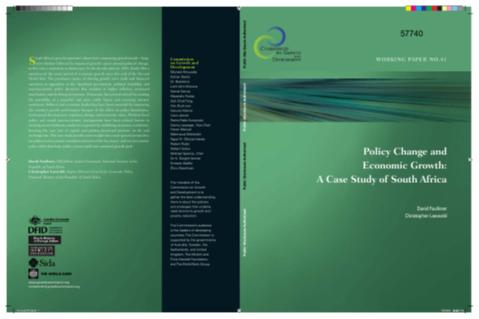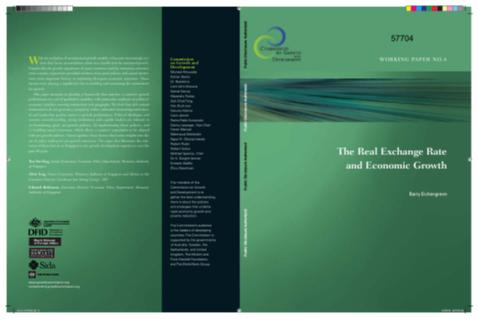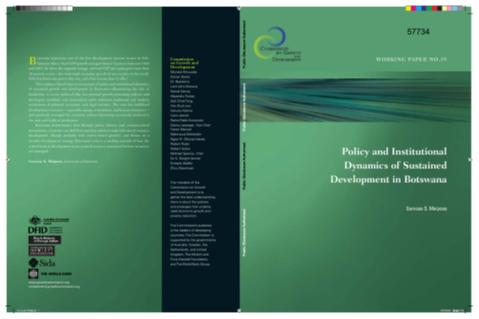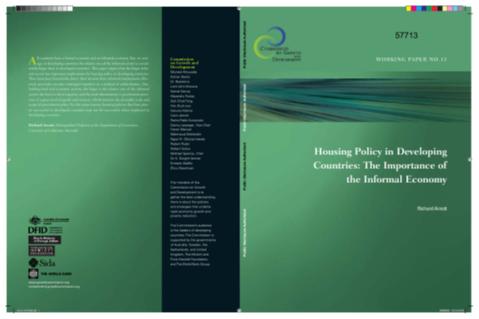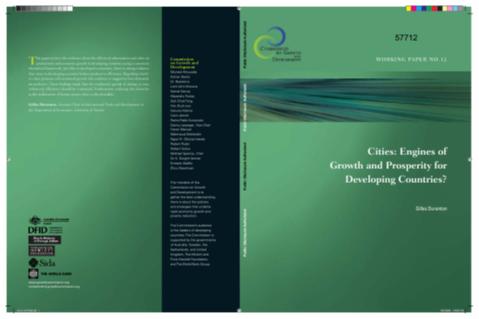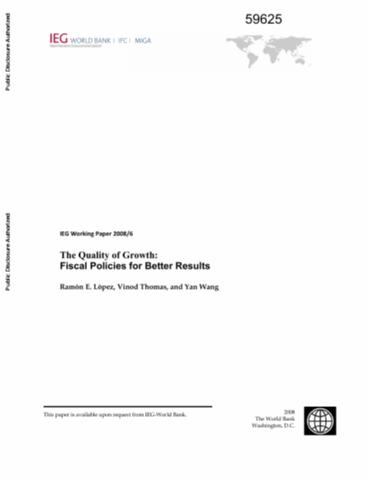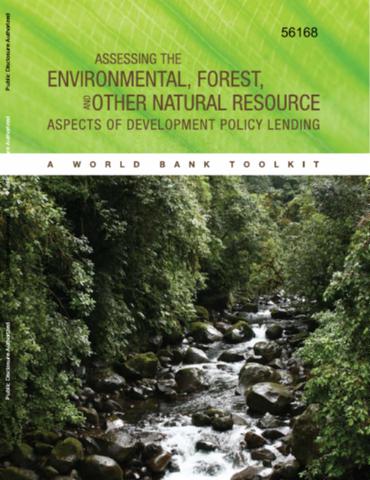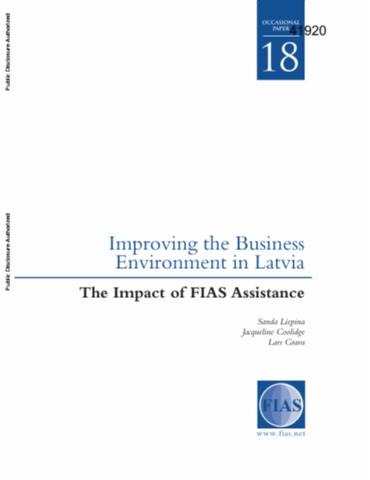Institutional and policy reforms in water sector in India: review of issues, concepts and trends
The paper looks at the institutional and policy reforms in the context of sources and uses of water. Although the reform measures have been specific about surface water, there still is ambiguity on the groundwater situation in India. The reforms have failed to de-link the conventional linkages between right to land and right to (ground) water. Most policy reforms have been in response to the emerging crisis of water allocation, use and management.


